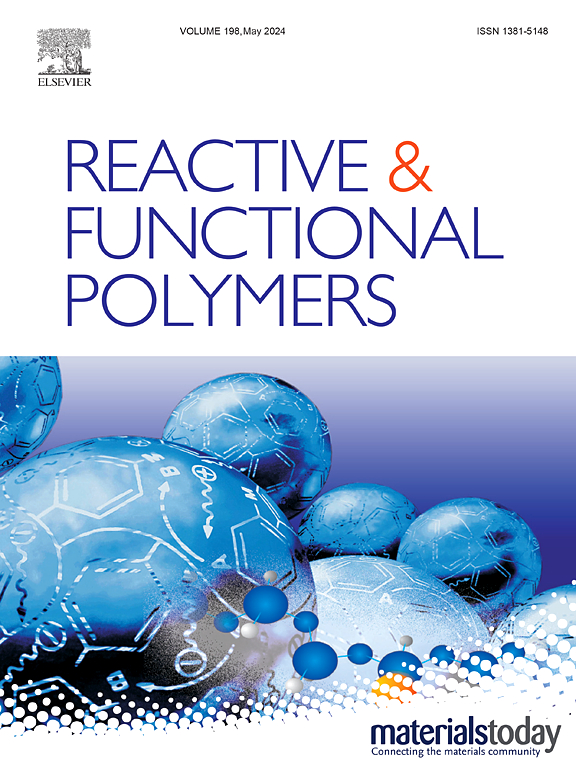Recent advances in collagen-based hydrogels: Materials, preparation and applications
IF 4.5
3区 工程技术
Q1 CHEMISTRY, APPLIED
引用次数: 0
Abstract
Collagen is a three-dimensional polymer helical fibrous protein with good bioactivity, biocompatibility, reparability and affinity. Hydrogels made from collagen have been widely used in research fields such as biomedicine, flexible sensing and food engineering because of their good biocompatibility, degradability, low toxicity and low cost. This paper discusses the classification, extraction and modification techniques of collagen as well as the different methods of preparation of collagen-based hydrogels, which are mainly categorized into physical and chemical cross-linking methods. In addition, various unique properties of collagen-based hydrogels such as hydrophilicity, mechanical properties, porosity and degradability are analyzed and discussed. Finally, the various functional properties of collagen-based hydrogels and their cutting-edge applications in biomedicine, food engineering, smart sensing and adsorbent materials are summarized. The research progress of this special biomass material in various fields is shown in detail, and the problems in the current applications are pointed out and solutions are proposed. Herein, the preparation, properties and applications of collagen-based hydrogels are described in detail, the current status of research is analyzed, and the future development trend is prospected, expecting that collagen-based hydrogels will be more widely used in the future.

求助全文
约1分钟内获得全文
求助全文
来源期刊

Reactive & Functional Polymers
工程技术-高分子科学
CiteScore
8.90
自引率
5.90%
发文量
259
审稿时长
27 days
期刊介绍:
Reactive & Functional Polymers provides a forum to disseminate original ideas, concepts and developments in the science and technology of polymers with functional groups, which impart specific chemical reactivity or physical, chemical, structural, biological, and pharmacological functionality. The scope covers organic polymers, acting for instance as reagents, catalysts, templates, ion-exchangers, selective sorbents, chelating or antimicrobial agents, drug carriers, sensors, membranes, and hydrogels. This also includes reactive cross-linkable prepolymers and high-performance thermosetting polymers, natural or degradable polymers, conducting polymers, and porous polymers.
Original research articles must contain thorough molecular and material characterization data on synthesis of the above polymers in combination with their applications. Applications include but are not limited to catalysis, water or effluent treatment, separations and recovery, electronics and information storage, energy conversion, encapsulation, or adhesion.
 求助内容:
求助内容: 应助结果提醒方式:
应助结果提醒方式:


